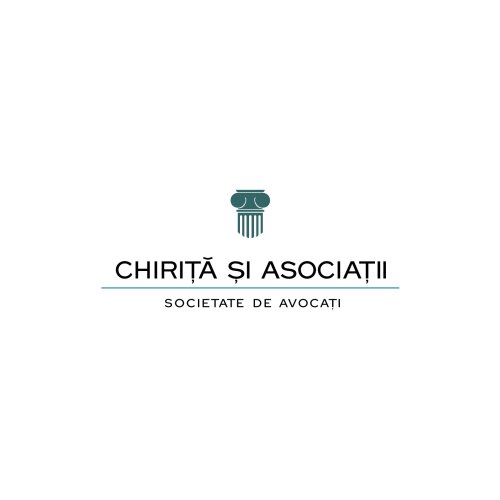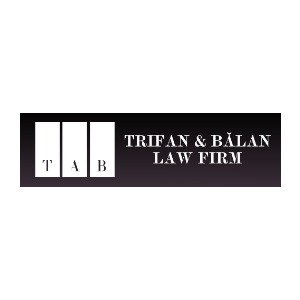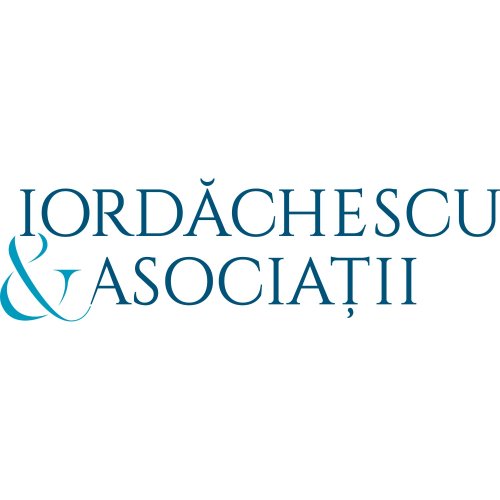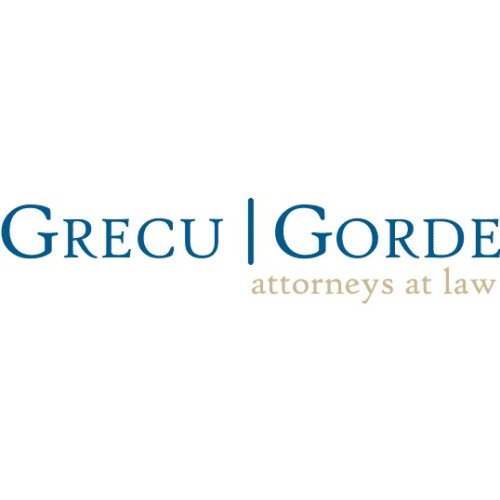Best Tax Increment Financing Lawyers in Cluj-Napoca
Share your needs with us, get contacted by law firms.
Free. Takes 2 min.
List of the best lawyers in Cluj-Napoca, Romania
About Tax Increment Financing Law in Cluj-Napoca, Romania
Tax Increment Financing (TIF) is a financial tool used by municipalities, including Cluj-Napoca, to stimulate economic development and infrastructure improvements in specific areas. This form of financing leverages future tax revenue increases to fund current projects. In Cluj-Napoca, TIF is particularly useful for redeveloping urban areas, improving public services, and attracting private investments. Legal mechanisms guide the implementation and administration of TIF, ensuring it aligns with both municipal and national economic objectives.
Why You May Need a Lawyer
Engaging in Tax Increment Financing can be complex, and legal assistance may be necessary in the following situations:
- Understanding the eligibility criteria and application process for TIF projects.
- Negotiating the terms and conditions of TIF agreements with local authorities.
- Ensuring compliance with local, regional, and national laws concerning taxation and urban development.
- Resolving disputes or legal challenges that arise during or after the implementation of a TIF project.
- Securing additional financing or investments as part of a broader development strategy.
Local Laws Overview
Tax Increment Financing in Cluj-Napoca operates under a framework established by local government ordinances and national regulations on urban development and finance. Key aspects include:
- Designated TIF districts where projects can be implemented.
- The calculation and allocation of future tax increments to repay initial investments.
- Regulations regarding the type of projects eligible for TIF funds.
- The involvement of local councils in approving and overseeing TIF projects.
- Reporting obligations to ensure transparency and accountability in the use of public funds.
Frequently Asked Questions
What is the purpose of TIF in Cluj-Napoca?
The purpose of TIF in Cluj-Napoca is to facilitate urban redevelopment, improve infrastructure, and attract investment in designated areas, ultimately benefiting the community by increasing property values and generating economic growth.
How is a TIF district established?
A TIF district is established by the local government after identifying an area needing redevelopment and assessing its potential for increased tax revenue. This involves a proposal, public hearings, and official designation by local councils.
Who can apply for TIF funding?
Typically, developers, businesses, or municipalities engaged in projects likely to stimulate economic growth in designated TIF districts can apply for TIF funding. The project must align with the area's redevelopment plan.
What types of projects are eligible for TIF?
Projects including infrastructure improvements, residential or commercial development, public facility enhancements, and environmental cleanup efforts may be eligible for TIF funding, provided they contribute to economic revitalization.
How are taxes affected by TIF?
Existing tax levels remain unchanged in a TIF district. Future increases in property taxes due to rising property values are diverted to repay the public investments made in the district. Once the TIF period concludes, taxes contribute to general revenues.
What are the risks associated with TIF?
The primary risks include potential insufficient future tax revenue to cover public investment costs, leading to funding gaps. Thorough feasibility studies and financial planning are essential to mitigate such risks.
Can TIF projects be challenged legally?
Yes, TIF projects can face legal challenges based on procedural errors during designation, eligibility disputes, or transparency issues. A lawyer can assist in navigating or defending against such challenges.
How does TIF enhance urban development?
TIF enhances urban development by bringing much-needed investment to underdeveloped areas, creating jobs, improving infrastructure, and enhancing the aesthetic and functional aspects of a locality.
What is the duration of a TIF project?
TIF projects typically have a set duration, often ranging from 15 to 30 years, during which the tax increment is used for funding. The duration depends on the project's size, goals, and financial requirements.
Are there alternatives to TIF for funding urban development?
Alternatives to TIF may include direct municipal financing, public-private partnerships, regional development grants, or borrowing. Each option has distinctive benefits and is chosen based on project needs.
Additional Resources
For additional guidance on Tax Increment Financing in Cluj-Napoca, consider reaching out to the following resources:
- Cluj-Napoca City Hall - Urban Development Department
- Romanian Ministry of Regional Development and Public Administration
- Local economic development organizations and chambers of commerce
- Real estate and urban planning consultants specializing in TIF projects
Next Steps
If you need legal assistance with TIF in Cluj-Napoca, consider taking these steps:
- Conduct a preliminary assessment of your project to determine its alignment with TIF goals.
- Consult a lawyer experienced in urban development and finance law in Cluj-Napoca.
- Prepare documentation and evidence supporting your project's potential benefits.
- Engage in discussions with local authorities to understand requirements and opportunities.
- Explore partnership opportunities with other stakeholders or organizations involved in TIF.
Lawzana helps you find the best lawyers and law firms in Cluj-Napoca through a curated and pre-screened list of qualified legal professionals. Our platform offers rankings and detailed profiles of attorneys and law firms, allowing you to compare based on practice areas, including Tax Increment Financing, experience, and client feedback.
Each profile includes a description of the firm's areas of practice, client reviews, team members and partners, year of establishment, spoken languages, office locations, contact information, social media presence, and any published articles or resources. Most firms on our platform speak English and are experienced in both local and international legal matters.
Get a quote from top-rated law firms in Cluj-Napoca, Romania — quickly, securely, and without unnecessary hassle.
Disclaimer:
The information provided on this page is for general informational purposes only and does not constitute legal advice. While we strive to ensure the accuracy and relevance of the content, legal information may change over time, and interpretations of the law can vary. You should always consult with a qualified legal professional for advice specific to your situation.
We disclaim all liability for actions taken or not taken based on the content of this page. If you believe any information is incorrect or outdated, please contact us, and we will review and update it where appropriate.

















